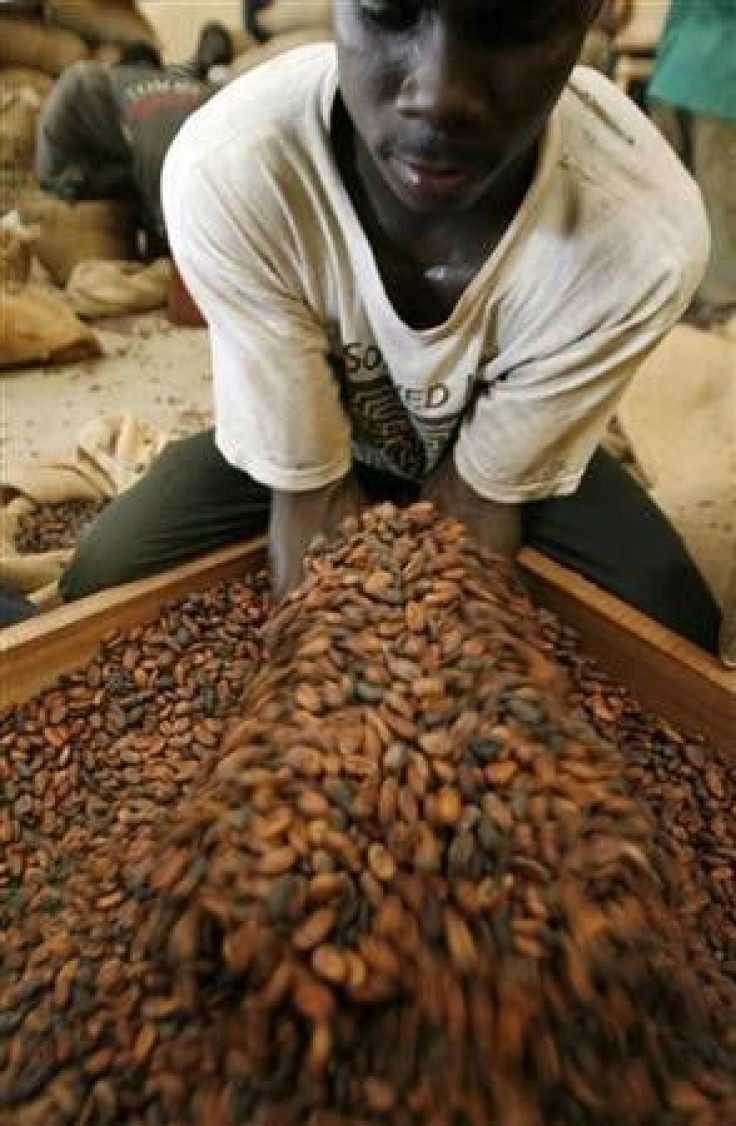Why is the price of chocolate rising?

Lovers of chocolate probably have no clear idea where the Ivory Coast is located, but political turmoil in that West African nation will likely drive up the price of their favorite sweet treat.
Ivory Coast -- which produces about one-third percent of the world’s raw cocoa, a key ingredient of chocolate – is sinking into a potential violent civil conflict between supporters of incumbent President Laurent Gbagbo and Alassane Ouattara, the man regarded by the United Nations to have won the November 2010 elections in the country. The capital city of Abidjan has already witnessed violence and protests.
In fact, Ouattara has asked on cocoa exporters over to halt trading as a way to force Gbagbo do end his campaign,
The tensions have starved Ivory Coast of investment and sapped the confidence of cocoa growers, Laurent Pipitone, an expert in economic issues at the London-based International Cocoa Organisation, told the BBC. It takes three years for a cocoa bush to become productive after it's been planted, he says.
Even before the disturbances in the Ivory Coast, the whole price of cocoas had doubled in the past four years, in tandem with a plethora of other commodities.
Since early November, the price of a cocoa has climbed by 12.5 percent, due almost entirely to problems in the Ivory Coast.
Now, with a worsening political outlook in the country, productive capacity is falling.
However, bumper cocoa crop in Ghana (another major producer) may offset any production declines in Ivory Coast.
“As can be expected in these circumstances, the trade issues involved in this respect are of a highly sensitive nature and will take time to resolve,” said the European Cocoa Association and the Federation of Cocoa Commerce. “The cocoa trade and industry are working closely together to address the challenges that this situation places before us.”
© Copyright IBTimes 2024. All rights reserved.











